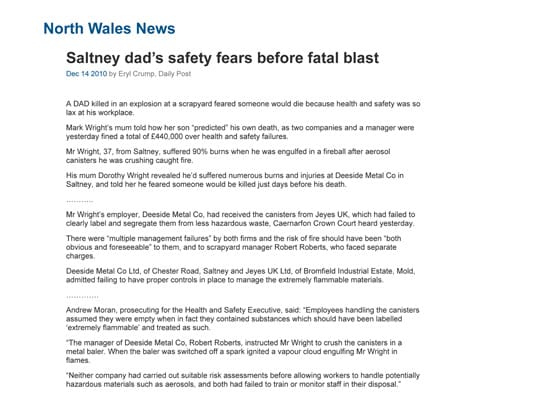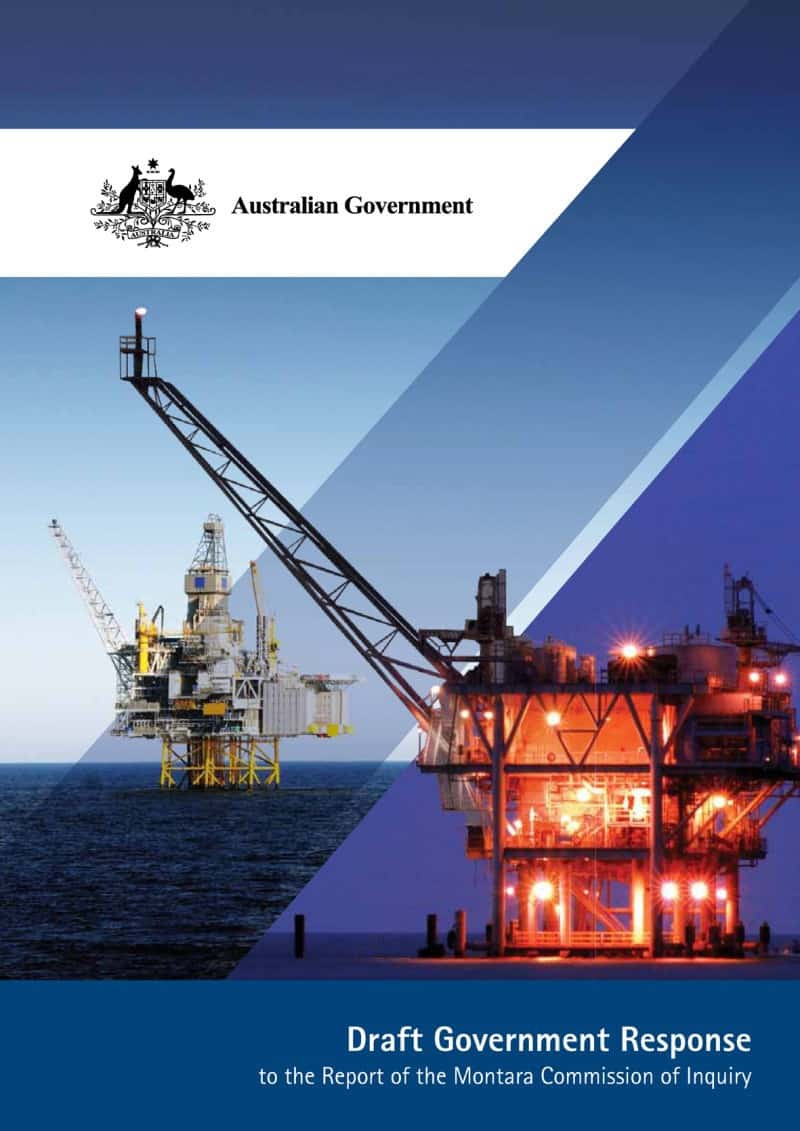Workplace fatalities are terrible, lingering tragedies that generally don’t teach anything new about OHS failures. I couldn’t find anything new in the frightening detail in the article below (dated 14th December 2010) or in scores of Google searches of industrial/occupational fatalities; though disease fatality epidemiology can be informative.
If all workplace fatalities in Australia were stopped overnight, most workers wouldn’t notice a single improvement in their own workplace. They’d still be working in the same cluster of hazards, useless risk assessments and a regular sprinkling of near misses and daily shortcuts. Despite regulators’ and politicians’ shrieks of dismay at workplace deaths, such fatalities don’t represent the main OHS problem at work.
If any regulator was informed in advance – in some detail – that in a particular industry there would be three fatalities in the next three months (or even intolerable risk) they wouldn’t know how to prevent them. Example? Think of the insulation program, which still has some way to go and a few more surprises in store. Example? Over the next six months there are likely to be 3-6 quad bike-related fatalities in Australia, mostly as a result of rollovers.
Or think of the value of risk assessments: example? Consider the 60,000-80,000 barrels (10,000 tons) of the most dangerous hexachlorobenzene (HCB) waste stockpiled and being repackaged (ultimately, drum to drum) by workers in a primitive work process at Botany Bay Industrial Park, Sydney. One of the world’s largest stockpiles of such dangerous wastes that no one around the world is prepared to handle. This is the only place I’ve ever had to wear two layers of protection to inspect. What has the regulator done? Continue reading “How much significant information do workplace fatalities provide?”



